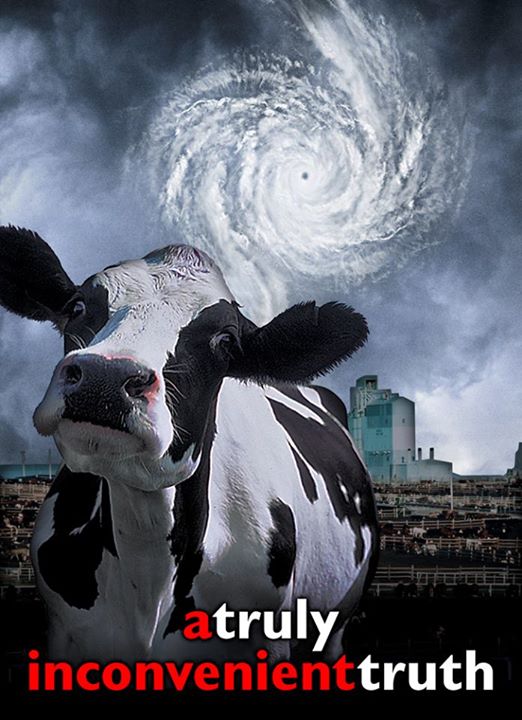“The worst is yet to come” – that’s how the United Nation’s Intergovernmental Panel on Climate Change recently summed up its warning about the havoc that global warming will wreak on the planet.
The Environmental Protection Agency predicts that, in response to rising temperatures, storms will be more intense and more frequent.
NASA says the Antarctic ice melt we’re seeing now “appears unstoppable.”
No matter what we call it – climate change or global warming – we can no longer ignore it. As Mother Jones noted in a recent article: “We should stop trying to spin what’s happening to the globe, and start dealing with it.”
We’re already seeing an impact on our food supply, water resources, infrastructure, ecosystems, and even our health. The UN warns of the risk of death or injury on a massive and widespread scale. A recent Business Insider article explains that “In a world of untrammeled global warming, where disastrous weather events are routine, global conflicts will increase, only the wealthy will thrive, and the poor will suffer.”
So how can we even begin tackling this immense and complex problem? Each of one us can take steps today that may seem small but in fact have far-reaching effects – it’s about our food choices.
Raising animals for food is widely considered a leading cause of greenhouse gas emissions, pollution, and resource depletion. In fact, according to the UN, animal agriculture contributes nearly one-fifth (18%) of all human-induced greenhouse gas emissions. What’s more alarming is that as the world’s population grows – it’s slated to reach 9 billion by 2050 — so too will meat production and consumption.
The good news? We can change our food choices today to help create a more sustainable tomorrow. Even the United Nations suggests that “a substantial reduction of impacts [from agriculture] would only be possible with a substantial worldwide diet change, away from animal products.”
What we eat matters – to our health, to animals, and to the planet. By simply leaving animals off of our plates, we can significantly reduce our carbon footprint.
In fact, according to WannaVeg.com, even if we reduce our intake of meat by adopting Meatless Monday, in one year each one of us can:
- Save 84,000 gallons of water
- Save 245 pounds of grain
- Save 7,700 square feet of rain forest
- Save 15.5 gallons of gasoline
- Reduce over 400 pounds of manure produced by food animals
The even better news? Leaving animals off of our plates has never been easier – and millions of Americans are doing it every day, including Al Gore.
Check out TryVeg.com for meat-free recipes and request an incredibly informative and FREE vegetarian starter guide today — your body, the animals, and the planet will thank you!


Comments 1
Pingback: A Truly Inconvenient Climate Change Truth: Earth is What You Eat! |